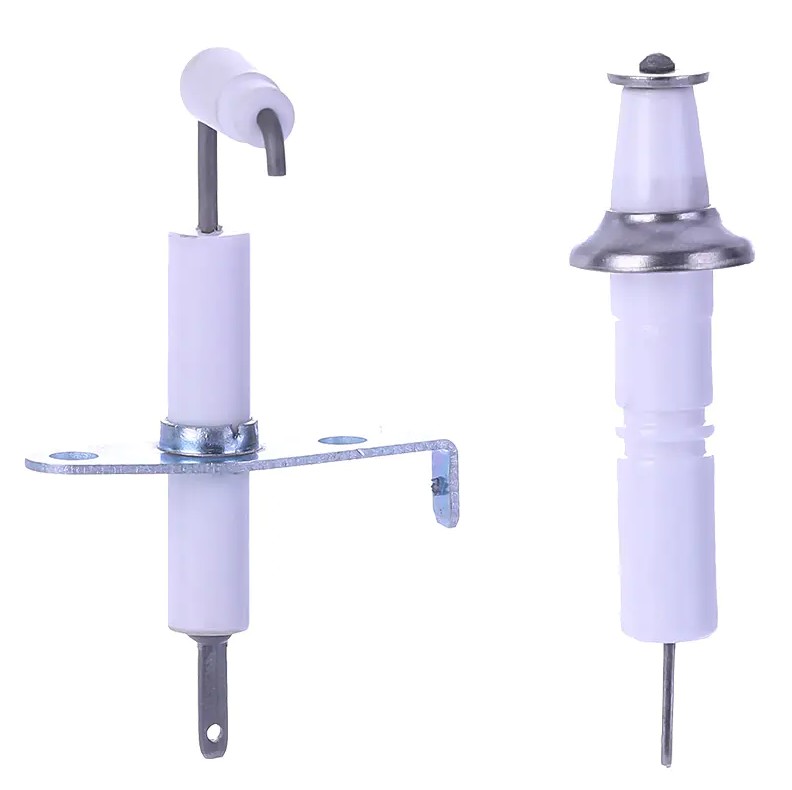Ceramic materials exhibit excellent electrical insulation properties due to their intrinsic structural and chemical characteristics. Here are some key reasons why ceramics are known for their electrical insulation properties:
-
Atomic Structure: The atomic structure of ceramics typically involves a strong ionic or covalent bonding arrangement. This bonding structure creates a lattice with a well-defined arrangement of atoms, providing stability to the material. The strong bonds between atoms make ceramics inherently poor conductors of electricity.
-
Non-Metallic Nature: Ceramics are non-metallic materials, and unlike metals, they do not have free electrons that can move easily and conduct electricity. In metals, free electrons contribute to electrical conductivity, but ceramics lack this free electron mobility, making them effective insulators.

-
High Dielectric Strength: Ceramics often have high dielectric strength, which is the ability of a material to withstand an electric field without undergoing electrical breakdown. The high dielectric strength of ceramics makes them suitable for applications where electrical insulation is critical.
-
Wide Band Gap: Ceramics generally have a wide band gap, which refers to the energy gap between the valence and conduction bands in the material. This wide band gap inhibits the flow of electrons and makes ceramics insulators. In contrast, conductive materials, such as metals, have narrow or no band gaps.
-
Low Electron Mobility: The mobility of electrons in ceramics is typically low. This low mobility means that electrons do not move freely through the material, reducing its conductivity and enhancing its insulating properties.
-
Chemical Stability: Ceramics often exhibit high chemical stability, resisting reactions with moisture, chemicals, or other environmental factors. This stability is important for maintaining consistent electrical insulation properties over time.
-
Heat Resistance: Many ceramics are capable of withstanding high temperatures without undergoing significant changes in their electrical properties. This heat resistance is crucial in applications where electrical insulation is required in elevated-temperature environments.
Due to these characteristics, ceramics are widely used in electrical insulation applications, including the manufacturing of spark electrodes in heater systems. In the context of ceramic igniter heater spark electrodes, their excellent electrical insulation properties ensure that the electrical current generated during sparking is directed appropriately for ignition, contributing to the overall safety and reliability of heating systems.


 English
English  中文简体
中文简体











